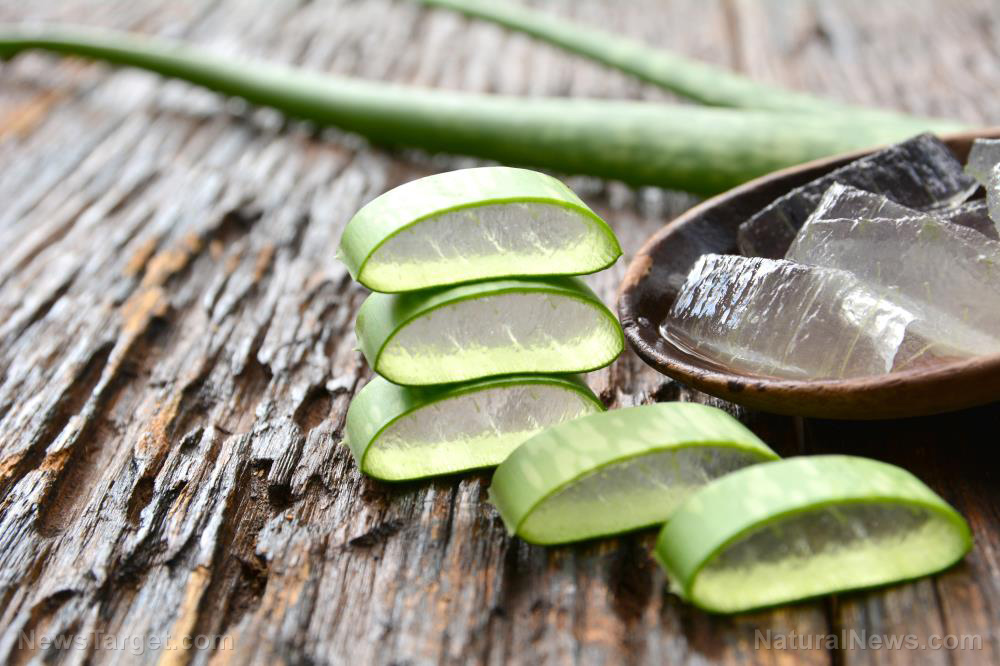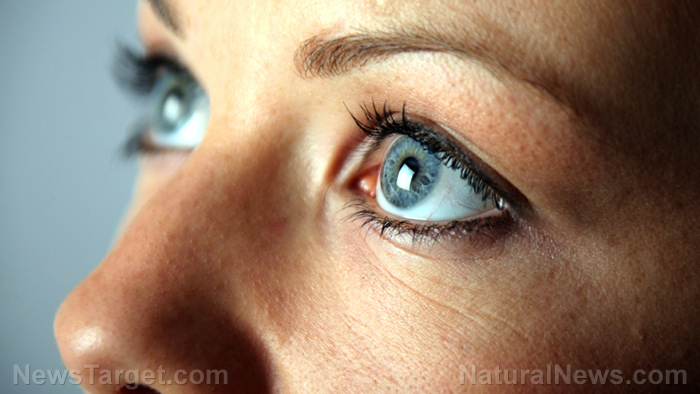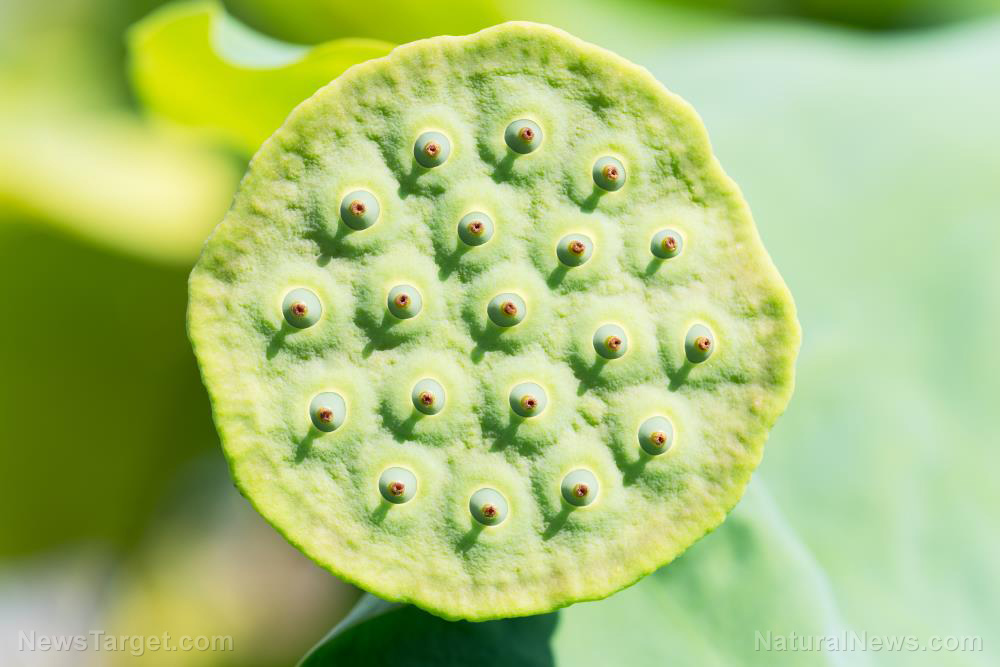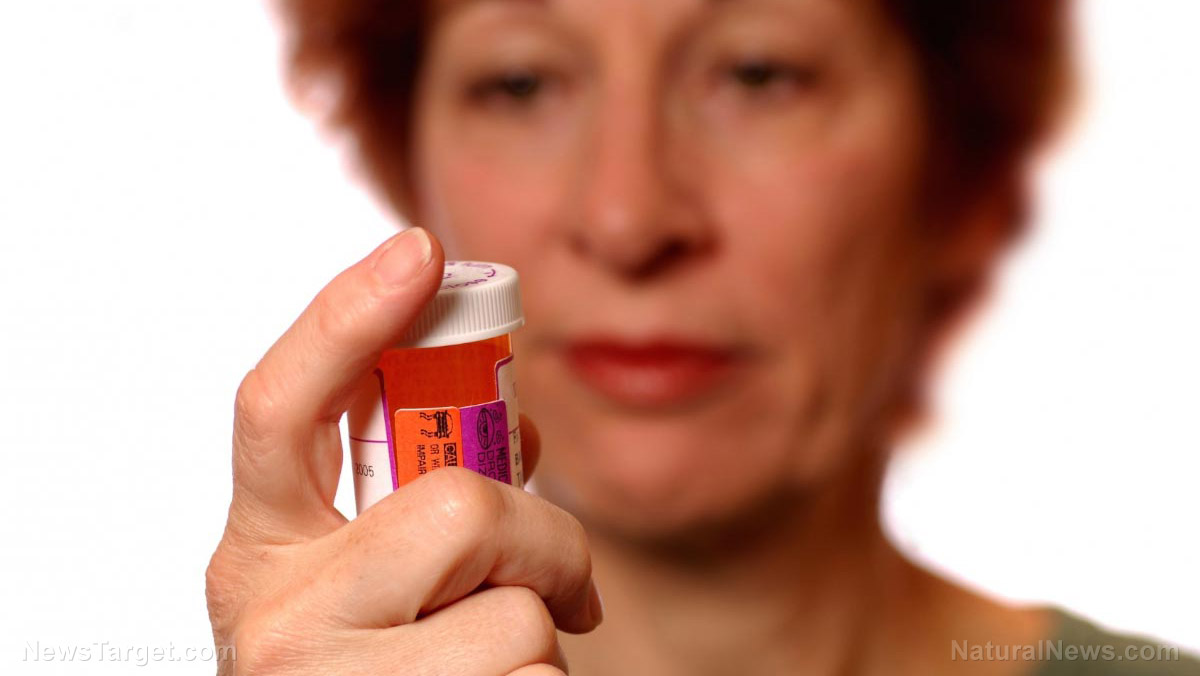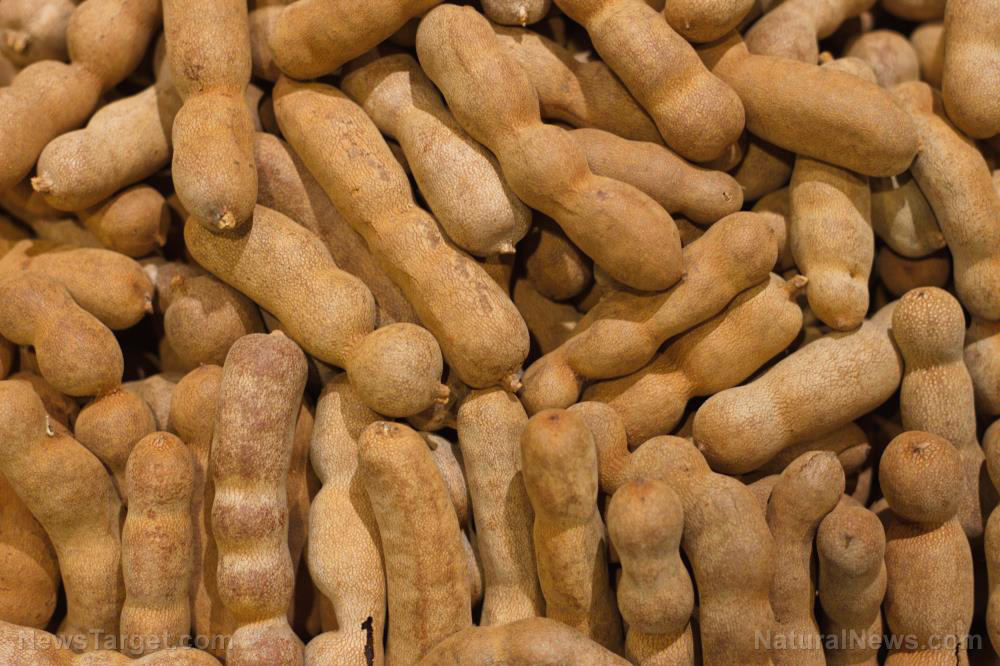Can Korean red ginseng treat male infertility?
11/16/2018 / By Edsel Cook

Korean red ginseng was tested for its effects on the semen of male patients suffering from infertility. The findings indicate that ginseng could be used to increase fertility by improving the characteristics of semen in men who have been diagnosed with varicocele.
The study was supported by the Pusan National University. Its results came out in the Chinese Journal of Integrative Medicine.
- Researchers set up a randomized, double-blind experiment with placebos as the control mechanism. They secured the cooperation of 80 male patients with varicocele, who were split into four groups according to the treatment they received.
- The control group received a placebo. Another group underwent surgical varicocelectomy in addition to the placebo, a third group only received a daily dose of Korean red ginseng, and the last group was treated through varicocelectomy and the herbal remedy.
- The placebo-only group was the only one that did not demonstrate higher levels, motility, morphology, and viability of sperm. The other three groups reported beneficial developments with regards to their fertility.
- Furthermore, the hormone levels for all participants and groups did not change much. Luteinizing hormone, the serum follicle-stimulated hormone, and testosterone remained at normal levels.
- Few adverse events took place during the experiment. Furthermore, the events that did happen were determined to stem from other reasons.
The researchers believed that further experimentation could determine how spermatogenesis is stimulated by Korean red ginseng, as well as the best dose and duration for treating men with infertility.
The full details of the study can be found at this site.
You can also visit Health.news to learn more about herbal remedies for male infertility.
Journal Reference:
Park HJ, Choe S, Park NC. EFFECTS OF KOREAN RED GINSENG ON SEMEN PARAMETERS IN MALE INFERTILITY PATIENTS: A RANDOMIZED, PLACEBO-CONTROLLED, DOUBLE-BLIND CLINICAL STUDY. Chinese Journal of Integrative Medicine. 12 May 2015;22(7):490–495. DOI: 10.1007/s11655-015-2139-9.
Tagged Under: herbal remedies, Korean red ginseng, male fertility issues, male infertility, semen, sperm health, spermatogenesis, varicocele

